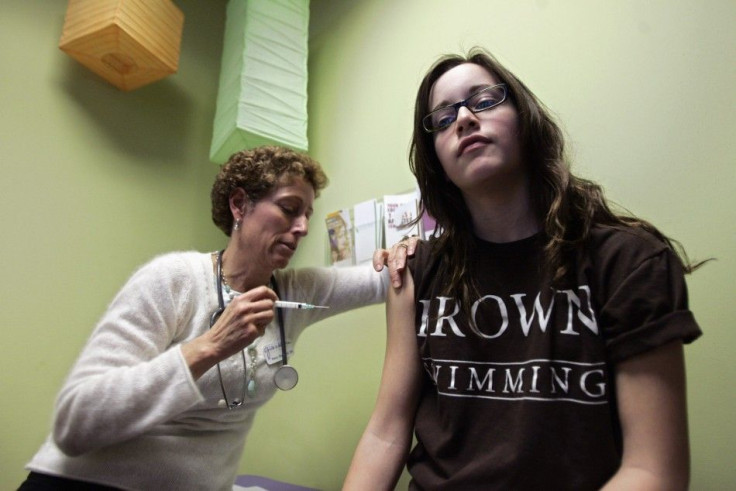Confusion among doctors may harm HPV patients, instead of help

A study, published in the July issue of journal Obstetrics and Gynecology, found that women who test positive for human papillomavirus, or HPV, may be getting unnecessary and unhelpful treatment that comes with a risk of complications and side effects from United States health care providers.
There's a much greater emphasis on avoiding a single cancer versus literally thousands of women being over-screened and over-treated, Philip Castle from the American Society for Clinical Pathology in Chicago, told Reuters.
Researchers, who were led in the study by Mona Saraiya of the Centers for Disease Control in Atlanta, say HPV is common in women in their 20s and most often doesn't lead to cancer after 25 percent of doctors gave female patients the wrong type of HPV test, and nearly two-thirds gave the test to the wrong patients, in addition to testing their patients too often, according to the study.
Saraiya and colleagues analyzed data from a national survey of doctors and clinics that use Pap smear tests that showed ways in which a total of 376 doctors and 216 outpatient clinics perform HPV testing, if available at their health centers. The U. S. Food and Drug Administration approved two different HPV tests of high- and low-risk patients in 2003, however there remains confusion around the administering of the tests to infected patients.
According to the United States Centers for Disease Control, there are roughly 40 different strains of the sexually transmitted disease with some strains linked to cervical cancer, and others to causing genital warts.
Doctors and clinics ordered an HPV test at least once, with more than half of those saying they used HPV testing regularly along with Pap smears in women less than 30 years old, according to the study. The majority of doctors and clinic reported using HPV tests as a follow-up to a questionable Pap smear when the tests lack important information. The low-risk test really has no business being on the market at all, he told Reuters.
There's a lot of HPV and very little disease in women in their 20s, Castle added. The disease that's found there is generally about 10 to 15 years away from becoming invasive. There's no good justification for using the HPV test routinely.
© Copyright IBTimes 2024. All rights reserved.





















